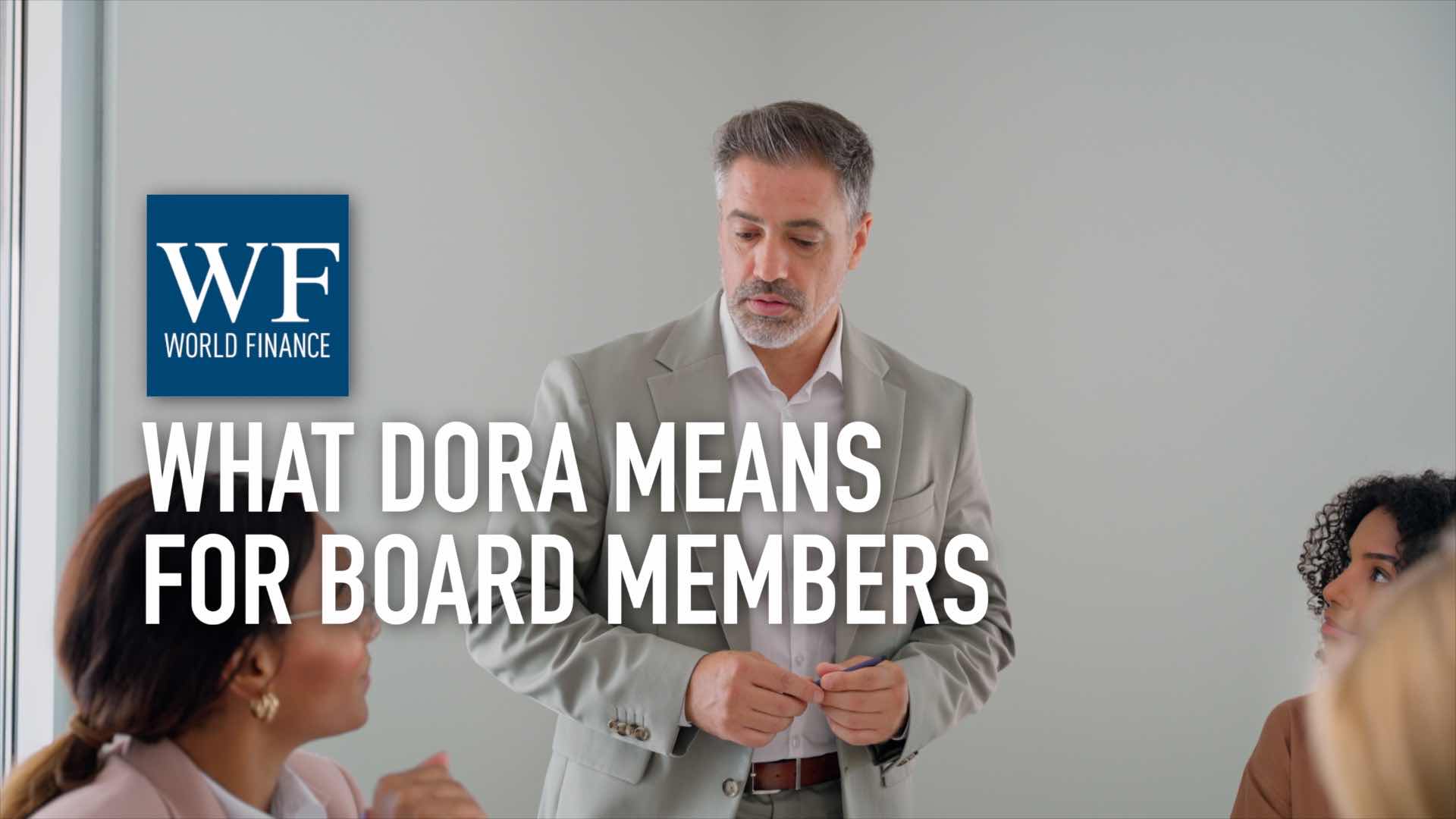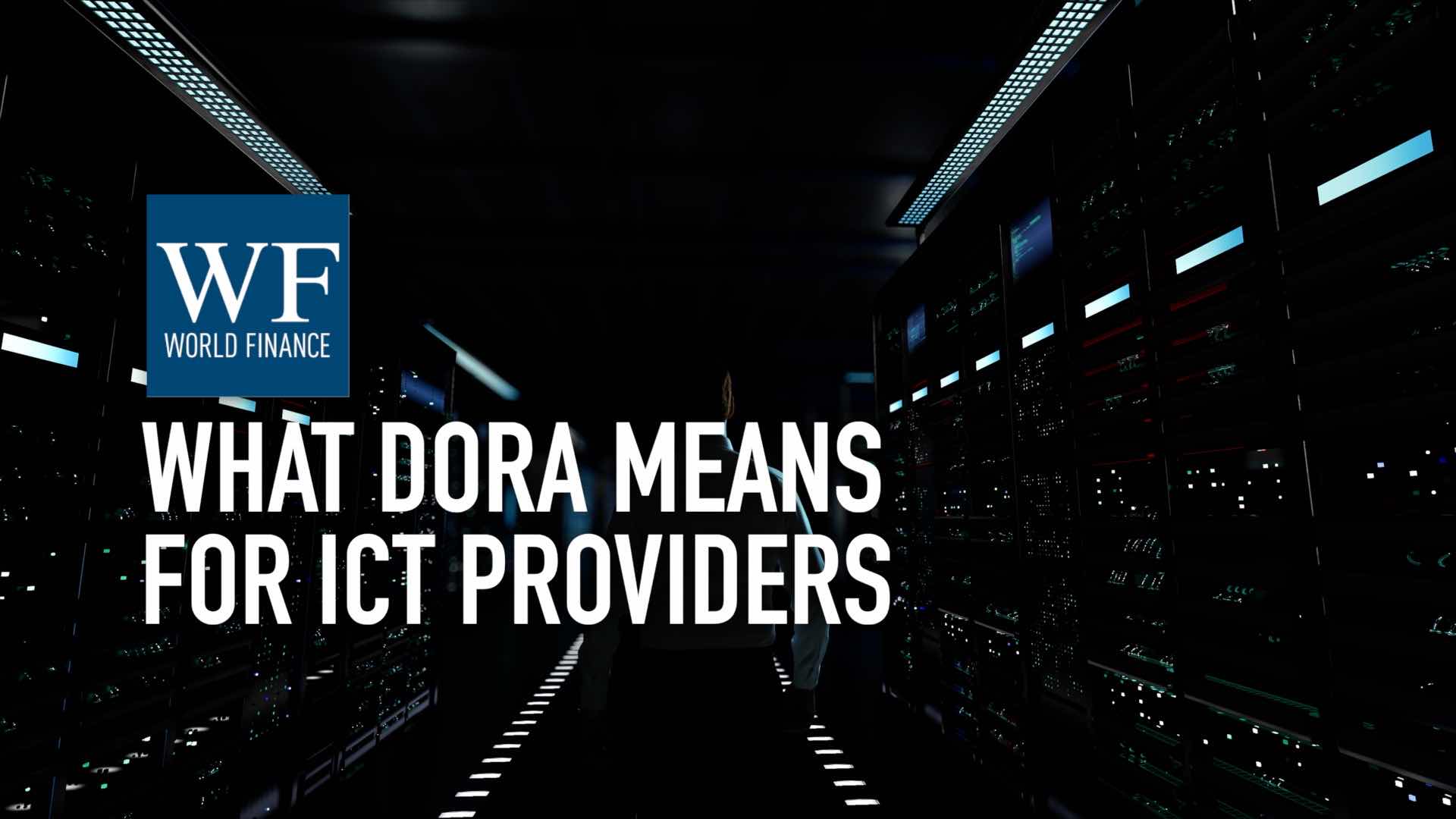Western films celebrate communism, not capitalism, says leading economist
World Finance talks to Ryan McMaken, economist and author of Commie Cowboys, about what politics the Western film genre has historically promoted
Related:
Transcript
Author and economist Ryan McMaken surprised the world by arguing in his book Commie Cowboys that the Western film genre celebrates communist culture, rather than capitalism. World Finance speaks to McMaken to ask him how he came to this conclusion, as well as his theories on alternatives to modern capitalism.
World Finance: Ryan, you wrote the book ‘Commie Cowboys,’ a very provocative title. What does it mean exactly?
Ryan McMaken: This was a book that looked at the Western genre, cowboys and Indians and such, and really examined, do these movies really give out the message that people think they do?
If we look at Westerns, they really promote more of a Cold War regulated economy mindset
For decades and decades the Western has been seen as this right-wing genre that promoted good old-fashioned American values and was very pro capitalism, and pro free-enterprise, and I was looking at a lot of Westerns and reading some of the literature about the genre, and came to the conclusion that it wasn’t actually the case at all.
If we look at Westerns, they really promote more of a Cold War regulated economy mindset. At least if we look at the Westerns after World War II. There are other periods that have different messages, but looking at what people mostly think of as the Western, the John Wayne Westerns, it wasn’t all that pro capitalistic at all, and highly authoritarian in many ways. The hero was usually a government employee of some kind, a sheriff.
Actually what these movies often celebrate is government destroying freedom, regulating people, telling people what to do, pushing around people who are disagreeable, and when we look at all those issues the Western doesn’t look quite as pro-American as has been said.
World Finance: So what are your theories on alternatives to modern capitalism?
Ryan McMaken: Those of us who are in favour of genuinely free markets would like to see actually free markets. We of course don’t see anything like that. The money supply is heavily controlled, the banking system is heavily controlled, real estate is heavily controlled.
We look at all of those things and we see that things would be better if we could repeal some of this control, because it’s just been getting more and more heavy-handed since 2008. The banking sector, the too-big-to-fail, all of the bailouts.
[T]hese movies often celebrate is government destroying freedom
What we find ourselves in right now is not of course a truly capitalist system, but something that we would refer to us a mercantilism. A system that the American revolutionaries fought against in the 18th century, that is the idea that we have favoured corporate interests, and we see it as in the interest of the state to favour those special groups that are well connected politically, and we do that.
So when we look around the American economy we see that everywhere, we see certain corporations, certain groups that are favoured, and they receive bailouts, they receive tax payer money, the receive regulatory favours, everybody else is just on their own.
There’s a saying in America that, in our economy, it’s socialism for the rich and it’s free markets for the poor. Meaning that, if you’re rich and well politically connected, then you get tax payer money, then you get favours, but if you’re poor or middle class and you don’t have any political power, well then, you just have to make it on your own.

 What the Digital Operational Resilience Act means for board members and CEOs
What the Digital Operational Resilience Act means for board members and CEOs What the Digital Operational Resilience Act means for third party ICT providers
What the Digital Operational Resilience Act means for third party ICT providers
